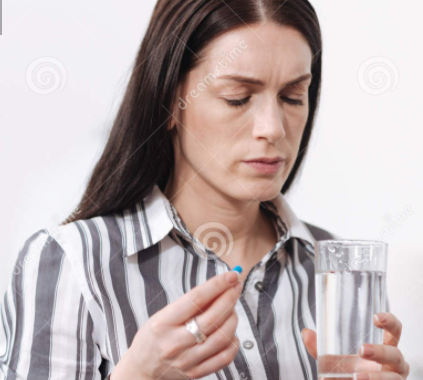Two events here in the UK have caught my attention in the last six weeks in the way that the water industry treats wastewater. News coverage was initially muted, but I am pleased to see that the issues are at last getting an airing. The first was the announcement by the UK Government that water companies could apply for a suspension of wastewater treatment standards due to the shortage of lorry drivers! Apparently, it has been difficult to get hold of the coagulant ferric chloride used to treat sewage so companies could request to discharge untreated sewage into rivers. The Environment Agency has accordingly informed water companies that they can temporarily breach permits.
Naturally anglers and wild swimmers are up in arms about this, as they should be, due to the immediate and serious impact on them. However, in the longer term it will impact us all because of the effect on drinking water quality. The suspension is initially intended to be short term and last for only three months, but it is unlikely that the causes of the crisis will be resolved so quickly. Even with the dilution of autumn rainfall, the untreated wastewater discharges are going to have a major impact on river water quality and on the water abstracted for drinking water treatment. Suffice it to say that very few of the UK’s drinking water plants are designed to cope with untreated sewage and they will not be rescued by dilution.
The second event added insult to injury. In May this year there was an attempt to protect our rivers through the Inland Waterways bill, which was the subject of an earlier blog, The differing pre-occupations of East and West – Membrane Consultancy Associates. However, this private member’s bill was thwarted due to a lack of parliamentary time, a knock-on effect of covid restrictions. The Government blithely asserted that the forthcoming Environment bill scheduled for the autumn would incorporate provisions to provide legal protections on wastewater discharges. In the event, when the bill was published in early October, it became apparent that those protections were absent. Fortunately, there was a mini-rebellion in which opponents attempted to add an amendment. When this was voted down, the issue eventually made it into the public consciousness and in the ensuing outcry, the legal provisions were added.
It strikes me that this whole episode is profoundly disturbing. Fears of the potential costs of an Environment bill with legal force persuaded MPs to overlook the problem and try to back a vague and toothless aspirational approach. Our far-sighted Victorian forebears built a sewage system 150 years ago which at the time was leading edge. The concept combined rainfall with sewage and provided treatment unless the rainfall was exceptionally heavy, in which case the combined flow would bypass the treatment. This was not disastrous then since the high rainfall provided dilution and in any event, it was better than nothing and sewage in the 19th century contained few additional chemicals. The approach was replicated in other developed economies. However, these systems now fall far short of the requirements for a modern society, not least because of the extensive use of man-made chemicals. These so-called ‘Forever chemicals’ are present in medicine, agriculture, and numerous other human activities. They make their way into rivers via the wastewater system and are not broken down by the environment or removed in standard drinking water treatment plants.
The Government did not want to be responsible for a major update of the wastewater system which would add cost to tax payers or raise water bills since they thought that this would be unpopular. Yet anyone who comes in contact with the river through recreation or through the drinking water supply has a right to expect that the water is not going to make them sick in the short term, or seriously ill in the long term. Of course, more extensive membrane treatment of drinking water is one solution and perhaps membranes will become even more widely used, but it seems obvious that controlling the problem at source should be the first step. Our aged infrastructure is based on a concept for handling wastewater and stormwater in combined sewers and is not fit for purpose any longer in highly populated areas. Although costly to replace, we at the very least need a plan for it to be brought into the modern era. Environmental issues should not be a can that is simply kicked down the road.
Perhaps it has become too big an issue to be the responsibility of a single term parliament. We need a time horizon of decades to get these decisions right. In the last 30 years, drinking water quality around the World has been transformed. In contrast, wastewater management in many developed countries has remained largely unchanged and indeed, some of the faster growing Asian economies now lead the way. It is time for the UK and other developed economies with long established infrastructure to bring the same degree of focus to wastewater as has previously been applied to drinking water to avoid an impending environmental and health crisis.

